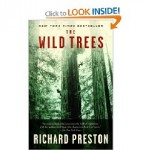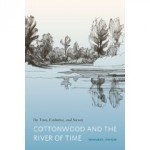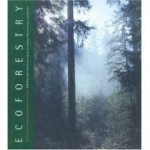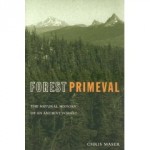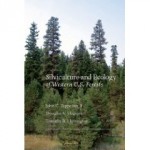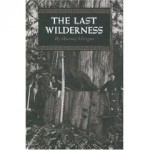Books
November 18, 2009
Here are some of the books I’m looking at for next quarter. I will have to choose some of these and leave others out. I’m currently unsettled about a couple of the texts which will make up many of our seminar reads. A few seminars will be Technical papers from journals like “Journal of Forestry”. At least one seminar will be on a film, “Sometimes a Great Notion” – a Paul Newman adaptation of the Kesey book by the same title. I’m considering a couple other seminar films. The ecoforestry book may also form a good foundation for seminar reads. The Silviculture text will be a text to accompany lectures and content related to traditional and new forestry. Let me know what you think (leave a comment below)! I will place the order soon, so if you want to have input, now’s your chance!
This program will have a GIS component
November 18, 2009
We will have a GIS component. Check out this site on satelite data from USGS. We will be working with subsets of these data
http://edc.usgs.gov/#/Find_Data/Products_and_Data_Available/Satellite_Products
Hello world!
November 11, 2009
Program updates for this program are now available to students at elms.evergreen.edu
registered students will be automatically allowed into the elms.evergreen.edu site. If you are not yet registered, you can email me for a special access key, or register yourself.
Program Outline for Sustainable Forestry (Winter 2010)
What does sustainable forestry mean in 2010? How is it related to global carbon budgets? Can the practice of sustainable forestry lead to proactive solutions to problems related to global warming and carbon balance? What tools, techniques, and foundational concepts are needed to measure and interpret modern forest metrics like carbon stocks?
This one-quarter program will explore forestry in the Pacific Northwest as it relates to sustainability, ecosystem function, biodiversity, and carbon sequestration. Students should be “field ready” for a significant amount of working and learning in “the woods”. Foundational forestry concepts and measurement tools will be combined with learning about techniques for measuring forest carbon stocks and sequestration that are now becoming standard practice in ecological forestry. We will also study historic logging techniques in forested lands of the west cascades, examine proposals for alternative techniques, and investigate traditional silviculture paradigms in the context of modern sustainability initiatives, wood certification programs, small land-owners, family farms, and unknown effects on biodiversity. Through our lectures and readings we will directly address differences in traditional forestry approaches and modern consideration of forestry effects on ecosystem function, biodiversity, and endangered species.
Our hands-on approach in the field will require students to complete a series of labs to gain competence in measuring, mapping, and estimating forest carbon stocks and biodiversity in local forests. Students will complete a series of labs to learn basic map-making proficiency in GIS as it relates to forests. Finally, the human dimension looms large in our field trips to local sawmills, forests, and active forestry operations. Our weekly seminars will cover important texts, films, and recent journal articles in sustainable forestry and forest history of the West cascades.
Total: 16 credits.
Enrollment: 25
Special Expenses: $175 for overnight field trips and workshops.
